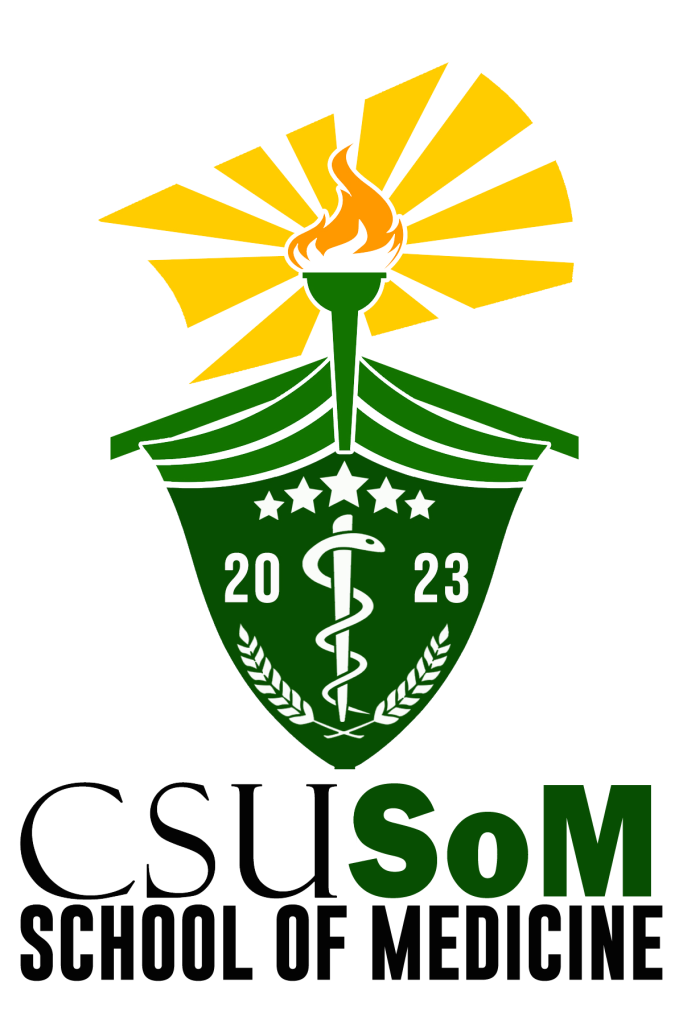- Home
- Frequently Asked Questions
Attach or upload the following in PDF format:
- Transcript of Records (TOR) or Copy of Grades for those not yet graduated with GWA/GPA indicated
- National Medical Admission Test (NMAT) Result
- Birth Certificate
- Proof or residence/Barangay attestation
- NBI Clearance and certificate of good moral character from school last attended
- If member of the IP community, certification from NCIP or equivalent local authority
7. If with local scholarship, recommendation from Provincial Health Office (PHO)
The minimum NMAT score requirement is 75 percentile.
A Baccalaureate degree in Sciences (e.g., Health Sciences) is preferred, but a degree in Arts is also accepted as long as the required bridge courses are completed.
CHED offers scholarships through Doktor Para sa Bayan Program. You may apply in this program once your application for admission to SOM is successful.
In addition to the NMAT, applicants are also required to pass the GS/Medicine Entrance Test and undergo a Psychology Test as part of our admissions process.
There is no age restriction. Most students are typically at least 20 to 21 years old at the time of admission.
No. Medicine is a post-baccalaureate degree and CSU does not offer a BS-MD straight program.
Gap years dedicated to work, research, or personal growth are increasingly common and often viewed favorably by universities. Meaningful experiences during this time are an asset to college applications.
Indigenous applicants are required to submit official documentation or an attestation from a recognized local or national authority confirming their Indigenous status.
Only complete applications shall be accepted. All documents must be submitted by the stated deadline.
The deadline for submitting the online application and uploading required documents is May 30, 2025.
Visit www.myadmissions@carsu.edu.ph to complete the online application and upload documents.
Applicants must submit the following:
Accomplished application form (2 sets of Form 01 with a passport photo)
Baccalaureate degree in Sciences or Arts (Transcript of Records with date of graduation, GWA/GPA, and certification if with Latin Honors)
Official NMAT result (recently taken)
Proof of citizenship (Valid PSA Birth Certificate)
Proof of residence (Attestation from the Barangay)
No derogatory record (NBI Clearance and Certificate of Good Moral Character from a previous employer and guidance counselor/adviser)
Attestation for Indigenous Peoples (from a local or national authority, if applicable)
Recommendation from the Provincial Health Officer (for those with local scholarships or sponsors)
Once your online application is submitted, the admissions team will screen your eligibility. The result of the eligibility screening will be released on May 31, 2025.
You can check your eligibility screening results on May 31, 2025, through the official admissions portal or via email notifications from the admissions office.
If you experience technical difficulties, contact the admissions office as soon as possible before the deadline. Ensure that your documents meet the required file format and size.
Late applications may not be accepted. It is highly recommended to complete and submit all requirements before May 30, 2025.
Yes, after successfully submitting your application, you should receive a confirmation email. If you do not receive one, check your spam folder or contact the admissions office.
If you pass the eligibility screening, you will proceed to the next stages of the admission process, including:
Taking the CSU-SOM Admission Test (June 2-6)
Attending the Selection Interview (June 16-20)
Completing the Enrollment Process (July 7-11)
Applicants who have completed Step 1 (documentary submission and eligibility screening) will receive an email or portal notification confirming their eligibility. You must verify your status before proceeding with the test payment and booking.
You can pay the testing fee using the available online payment options provided by the admissions office. Payment details and instructions will be included in your eligibility confirmation email.
After paying the testing fee, you will be given access to an online portal where you can choose your preferred test schedule within the testing period (June 2-6).
Once you successfully book your test schedule, a QR code will be sent to your provided email. This QR code is required for entrance into the testing venue and accessing the psychological test.
The admission test consists of three components:
Component 1: Medicine Entrance Test (academic-based exam)
Component 2: Psychological Test (must retrieve and scan QR code to access)
Component 3: Research Capsule Submission (Form 2) – Submit via email to the School of Medicine.
After completing the entrance and psychological tests, you must submit Form 2 (Research Capsule) to the official School of Medicine email before the deadline. The email address and submission instructions will be provided after test completion.
Results will be released after all components are assessed. Applicants who pass will receive a notification to check their interview schedule.
If you do not receive your QR code, check your spam/junk email folder. If it is still missing, contact the admissions office immediately to request assistance.
If you pass the admission test, you will proceed to the Selection Interview scheduled on June 16-20. You must check the official list of interviewees and prepare accordingly.
The CSU-SOM Admission Test is an examination required for admission into medical programs. It assesses applicants’ general knowledge, comprehension skills, abstract thinking abilities and aptitude.
Valid ID (passport, school ID, or government-issued ID).
Exam admission ticket (if required).
Pencils, erasers, and a calculator (if allowed).
Water and snacks (if permitted).
If you pass, you will proceed to the next stage, which may include an interview and final admission procedures.
Applicants who do not pass the test will be advised to retake it during the next testing cycle.
You will receive an official notification via email, phone call, or through the institution’s website with details on your interview schedule.
Follow the instructions in your interview invitation, which may include:
Logging into the application portal.
Selecting an available time slot.
Confirming your attendance.
Interview results will be released a few days after the interview. Please check the official website or your email regularly for updates.
Successful applicants will receive instructions on the next steps, which may include retrieving the Notice of Admission via email, submitting the signed Letter of Commitment (Form 3), completing the Student Profile Record, and confirming admission.
Kindly visit www.myadmissions.carsu.edu.ph to complete the online application process and upload all necessary documents.
A confirmation message will be displayed on the website, and/or a confirmation email containing your application reference number will be sent to you.
The Five-Star Physician model is a global framework endorsed by the World Health Organization (WHO), designed to produce well-rounded physicians who are not only clinically competent but also socially responsible. At CSU-School of Medicine, this model is integrated into the curriculum to ensure graduates embody the University's core values in every aspect of their professional practice.
CSU-School of Medicine graduates are expected to demonstrate excellence in the following five roles:
Healer – Provides compassionate, ethical, and competent medical care.
Health Educator – Promotes health literacy and empowers individuals and communities through education.
Social Mobilizer – Advocates for health equity and engages communities in addressing public health challenges.
Researcher – Engages in scientific inquiry to generate and apply evidence-based practices.
Leader – Leads in clinical, academic, and community settings to influence positive change in healthcare delivery.
The curriculum fosters clinical excellence, patient-centered care, and ethical practice. Students are trained in various clinical settings to develop strong diagnostic, therapeutic, and interpersonal skills, reflecting the value of compassion and service.
Being a Health Educator means that graduates can effectively communicate medical knowledge to individuals and communities, encouraging preventive care and healthy lifestyles. This aligns with the core value of excellence in service and integrity.
As Social Mobilizers, graduates initiate and participate in community health programs, addressing social determinants of health and promoting community participation in health planning and implementation—demonstrating social accountability and commitment.
Students engage in research projects throughout their medical education, learning how to ask relevant questions, analyze data, and apply findings to improve health outcomes. This role reinforces the University’s commitment to innovation and scholarly inquiry.
Leadership skills are honed through various academic and extracurricular opportunities. Students take on roles in student organizations, community outreach, and health campaigns, preparing them to lead effectively in multidisciplinary healthcare teams and policy advocacy.
A well-rounded physician can provide high-quality, ethical care while also serving as a catalyst for positive change in the healthcare system. The Five-Star Physician model ensures graduates are not only competent clinicians but also educators, advocates, scientists, and leaders.
You will be trained as a primary care physician and a Five-Star Physician—a medical professional who embodies the roles of Healer, Health Educator, Social Mobilizer, Researcher, and Leader. These roles are grounded in the art, science, philosophy, and values of competent and ethical medical practice.
Graduates of the program are expected to:
Provide culturally sensitive, ethical, compassionate, and effective medical care.
Apply evidence-based knowledge from biomedical, clinical, epidemiological, and psychosocial disciplines.
Continuously integrate scientific evidence into clinical decision-making and patient care.
Engage in life-long learning and professional development.
Collaborate effectively with patients, families, and members of the healthcare team.
Demonstrate leadership and social accountability within the healthcare system.
The curriculum includes extensive training in medical ethics, patient-centered communication, and cultural competence. Students are encouraged to treat each patient with empathy, dignity, and respect, ensuring holistic care that aligns with the values of service and integrity.
Students are trained to critically appraise scientific literature, conduct research, and apply findings to clinical practice. This fosters evidence-based decision-making and supports the ongoing advancement of healthcare through innovation and discovery.
Yes. The curriculum is tailored to meet the specific health challenges of the Philippines. It prepares graduates to serve in both urban and underserved communities, ensuring accessibility, equity, and quality in healthcare.



